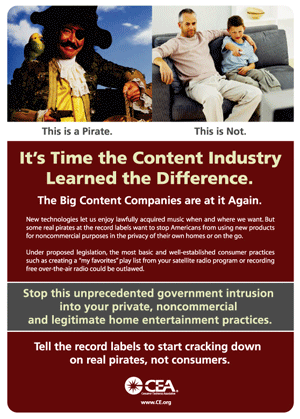
resemble Socialism and Fascism much and not the topic that the "extremes meet." On any scale that measures something meaningful real can be considered that these two political systems are extreme, or at least they are at opposite ends. The key to that is look at the implications for property law.
The property is control. Dominion over the thing to have, use, enjoy, alter and exclude others.
Socialism supposedly "ideological", resulting in the abolition of private property, nationalization of productive resources. Legal and nominally property becomes "Public", the state of Pueblo. In practice, really, the control can not be exercised by all, the use and control either, so that the real property remains in the hands of officials and politicians who decide on behalf of the common good.
Fascism or Corporatism, as it was invented in Italy and later copied in many states, nominal and respects private property legally. In reality the "social pact" between labor, business and state, which flagged all corporatist systems involved a comprehensive regulation of what the owners could do with their property and what could be agreed by contract. In Italy, Germany and other countries that they copied the source of authority replaced the freely available and render meaningless the right of property. No one could have, alter or enjoy without permits and authorizations. In practice the control (and therefore the real property) was also in the hands of politicians and officials.
is why what, say what you say propaganda and political marketing (and historical), the operation of these systems was so similar. The difference was that factions took control, not as they exercised. The fact that both Mussolini and Hitler are active in socialist parties before creating his own also gives hints ...
-------------------------
Why are liberals so much emphasis on the relationship between property and freedom?
first property is the means exercise the freedoms: The freedom of the press is hard to exercise if you control a newspaper. Freedom of worship or assembly is very complicated without a place to meet (the catacombs are not counted.)
Above all, the property is the most effective way to decentralize, to reduce the concentration of power. 100 million homeowners prefer deciding that bulb is not the same as 1 EU commissioner making the decision for them. The principle of Liberty is opposed to the principle of Authority.
The property is also a way to associate the Responsibility of Freedom. The value of a neglected and abused, either a cow, a house or a brand low. The service carries its punishment, under their prize. Does not preclude free choice, but every act associated consequences. Compare the distribution of responsibility and consequences of shared ownership property. ("Tragedy of the commons").















